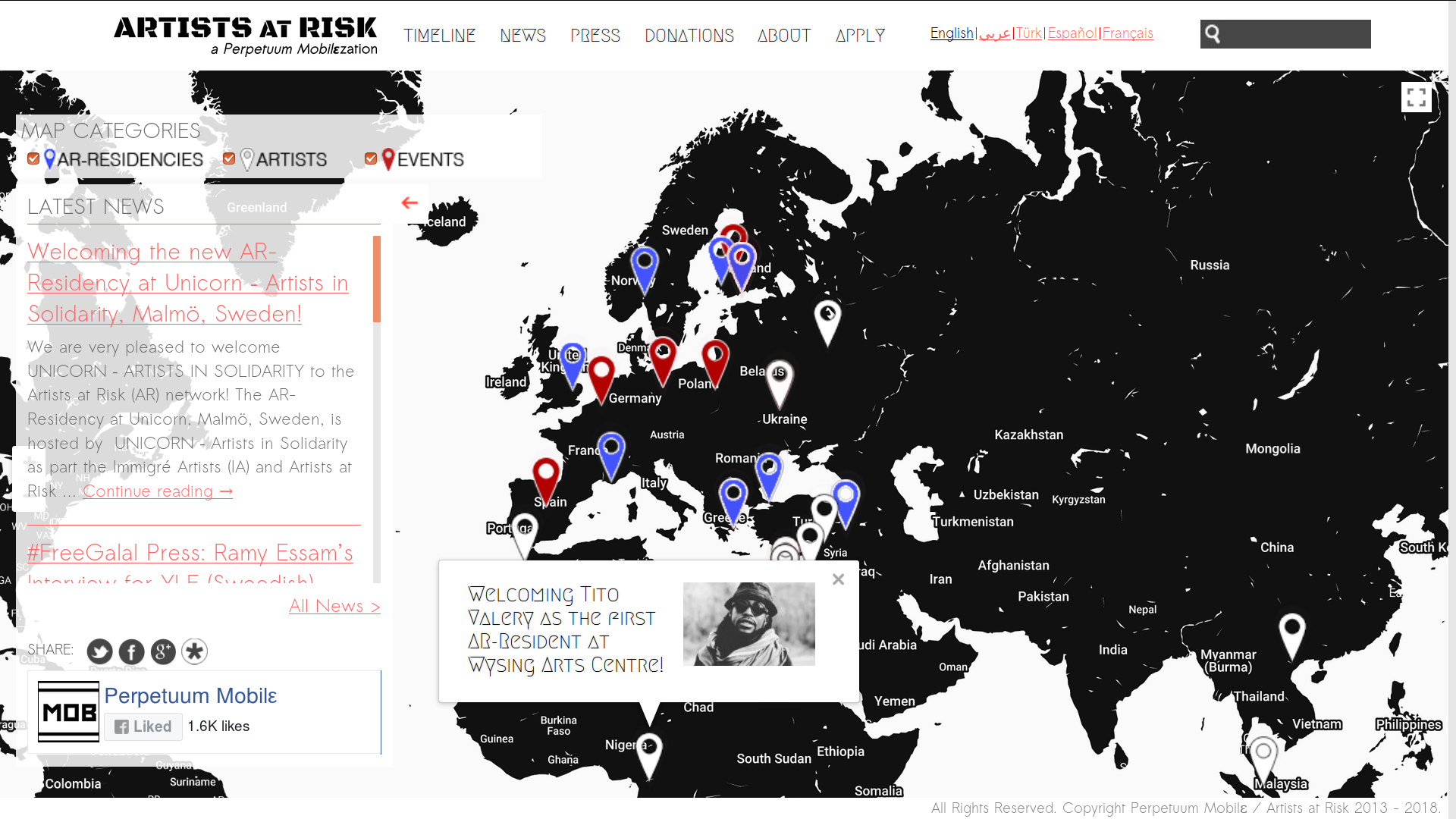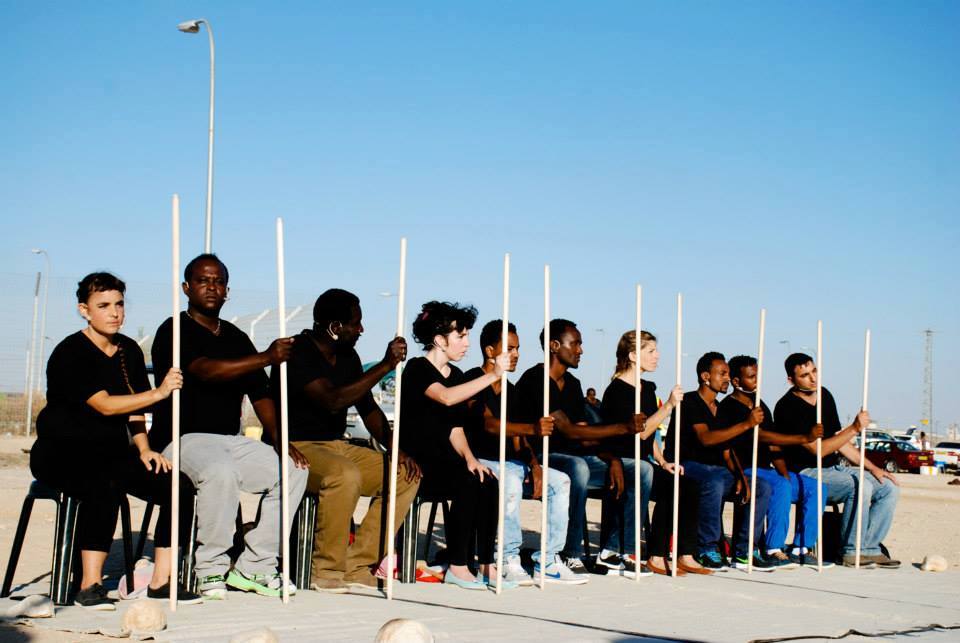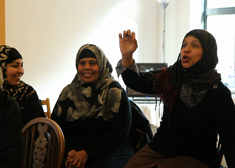
Building Bridges is a project which focuses on storytelling through the use of outdoor theatre, crafts and puppetry. This project is run by Creating Ground CIC, a non-profit organisation founded by Laura Marziale in 2016. This organisation promotes cross-cultural awareness through educational programs and collaborative arts. In this project, the participants are groups of asylum seekers, refugees and migrant women, who work alongside the moderators. Throughout the first half of their process, they explore the themes of “home” and “journey” and they develop their drama and puppetry skills. These activities take place over the course of 16 weeks, in collaboration with Theatre Témoin. As a result, the participants have enough material to structure their final performance. The participants discuss the mediums of their storytelling before each session through the guidance of the moderators – all discussions are recorded. Through these discussions it is key to tackle the type of story they want to tell, what kind of character they want to tell it through and what “home” represents for everyone. The by-product, in this case, was a puppet named Nja, who represented a citizen of the world through the physical attributes they chose for her – such as jewellery, a head wrap and also make up. The outcome of the participants’ work was showcased at the Greenwich Family Arts Festival in June 2019.





